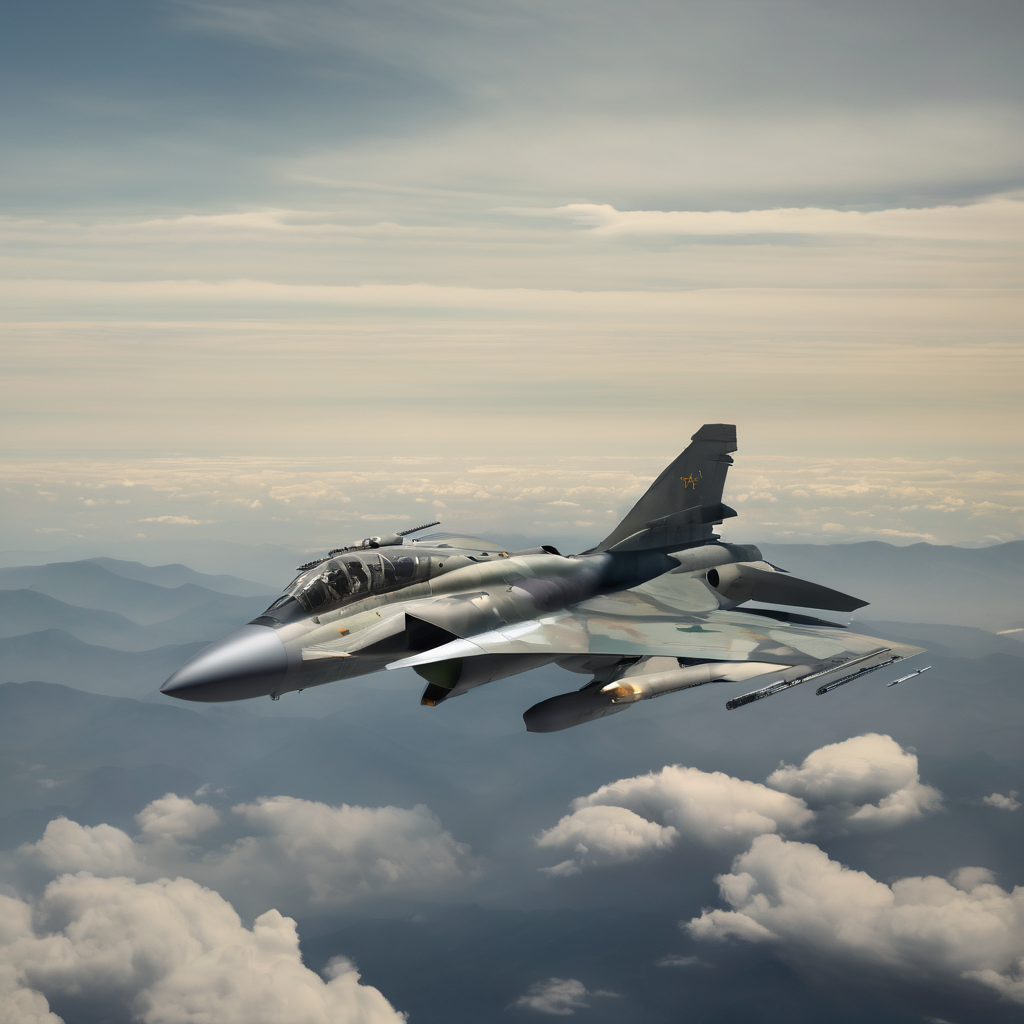Recent developments in Eastern Europe’s airspace reveal a concerning pattern of Russian military activities that echo Cold War tactics. Sean Maloney, a history professor from the Royal Military College in Canada, suggests that Moscow’s actions in testing NATO air defenses fall within a broader strategy aimed at undermining the resolve and solidarity of European nations. This comes at a particularly sensitive time, as the U.S. Pentagon has quietly announced its intention to cut security assistance to the Baltic states, a move that could signal a weakening of support for these NATO allies.
Weeks before these airspace violations, the U.S. decided to end funding for the Baltic Security Initiative, which had been established during the Trump administration. This decision did not seize the public’s attention, yet its implications are significant. Maloney and other experts argue that this move sends a damaging message, especially amidst escalating Russian provocation. Indeed, shortly after the funding cut, Russian drones crossed into Polish and Romanian airspace, aggravating regional tensions and triggering a response from NATO.
The most serious incident involved an alleged incursion by three Russian MiG-31 fighter jets into Estonian airspace, an act that Estonia reported to the United Nations with radar evidence. The violation has been condemned internationally, with UN Assistant Secretary General Miroslav Jenča calling it a serious threat to European security. These events have prompted NATO to initiate Operation Eastern Sentry, reinforcing air defenses in Eastern Europe.
Analysts, including Torrey Taussig from the Atlantic Council, argue that these incursions are calculated moves by Russia to test NATO’s reaction and potentially destabilize the alliance’s unity. The recent drone activity over Poland, which involved approximately nineteen Russian drones, has been interpreted as a deliberate provocation. The lack of a robust response, some experts warn, could embolden Russia and lead to further escalation.
In response to these events, there have been varied reactions from international leaders. U.S. President Donald Trump initially suggested that the Polish drone incident might have been an error, a position not shared by Poland’s Prime Minister Donald Tusk, who insisted the attacks were intentional. Despite the initial downplay of the situation, Trump affirmed the U.S.’s commitment to defending its NATO allies if necessary.
As tensions mount, the situation underscores the strategic importance of maintaining robust defenses and unwavering commitments among NATO members. The global community watches closely, aware of the increased risk of miscalculation that could lead to an unintended confrontation. Despite the challenges, the unity and resilience of NATO remain critical in deterring further aggression and maintaining stability in the region.
